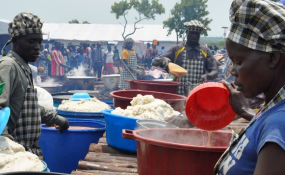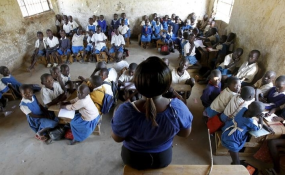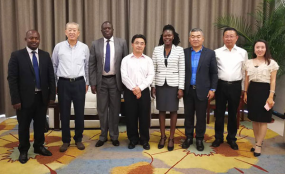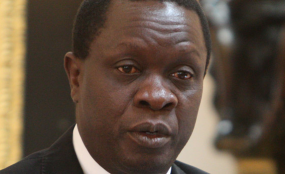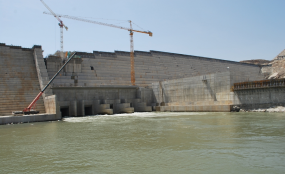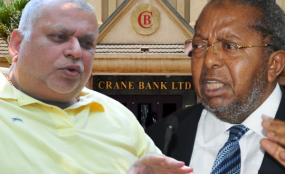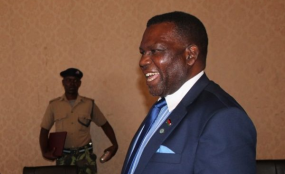By Xinhua
JUBA – South Sudan and Uganda have agreed on mechanisms to boost trade between the two countries through enhancing infrastructure development and cross-border trade electricity transmission.
South Sudan’s Minister for Energy and Dams, Dhieu Mathok, said the government concluded a two-day discussion with their Ugandan counterparts and the two countries have to cooperate in cross-border electrification and road connectivity.
He said Uganda has agreed to supply electricity to the South Sudan border towns of Nimule and Kaya, adding that a Memorandum of Understanding (MOU) has been developed and it will be signed after consultations with leaders of both countries.
“We have discussed the MOU and finalised the MOU, which is awaiting approval. Hopefully, we will be able to finish what we agreed by the second week of August,” Matok said while speaking on state-owned radio on Thursday,.
Simon D’Ujanga, Uganda’s State Minister for Energy, said his country will extend 400KW of power transmission line into South Sudan to ease trade.
The two countries also agreed to undertake road construction projects in the border town of Kaya aimed at opening up new trade corridor between Uganda, the Democratic Republic of Congo and South Sudan.
“We want our goods to move freely on the roads. So we have agreed to discuss how to work together so that we can give opportunity to the people of the two countries to enjoy the resources that we have,” said Rebecca Joshua, South Sudan’s Minister of Roads and Bridges.
Monica Azuba Ntege, Uganda’s Minister of Works and Transport said they agreed on technical cooperation on cross-border electrification and transport will promote trade and development through improved connectivity.
“This will help very much in integrating our countries and at the same time in the development of the areas in connectivity, tourism, trade and access to market,” Ntege said.

